Back to Courses

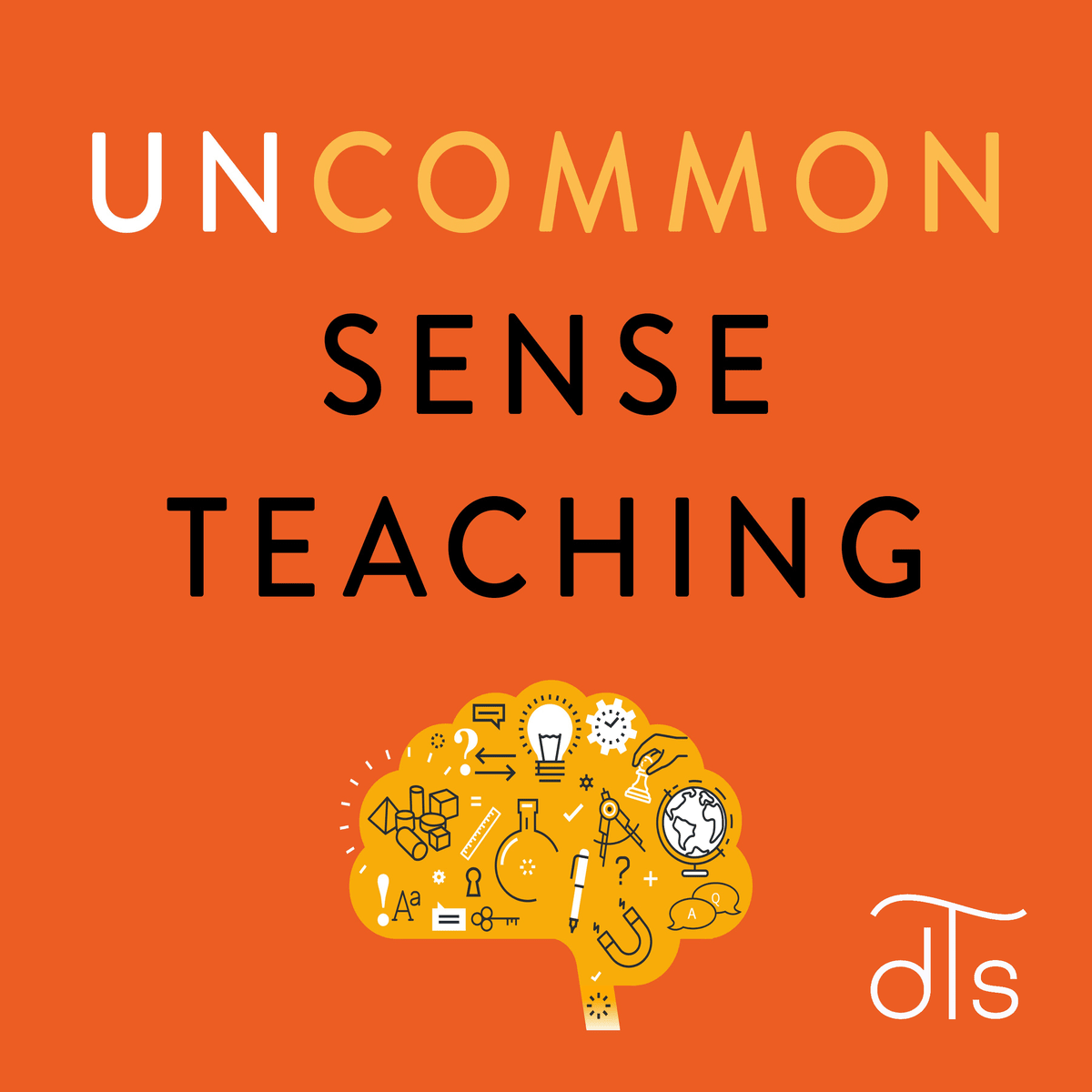


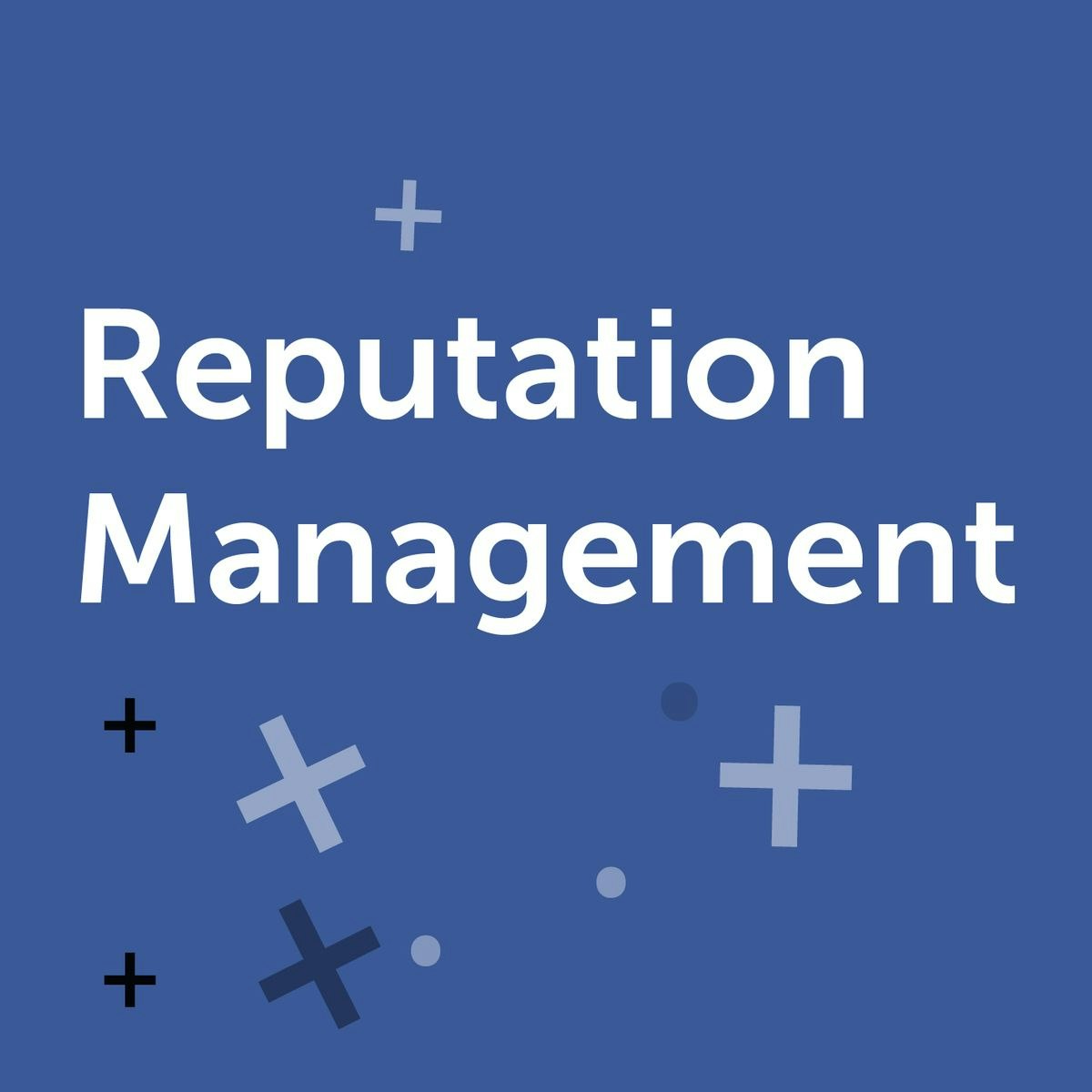
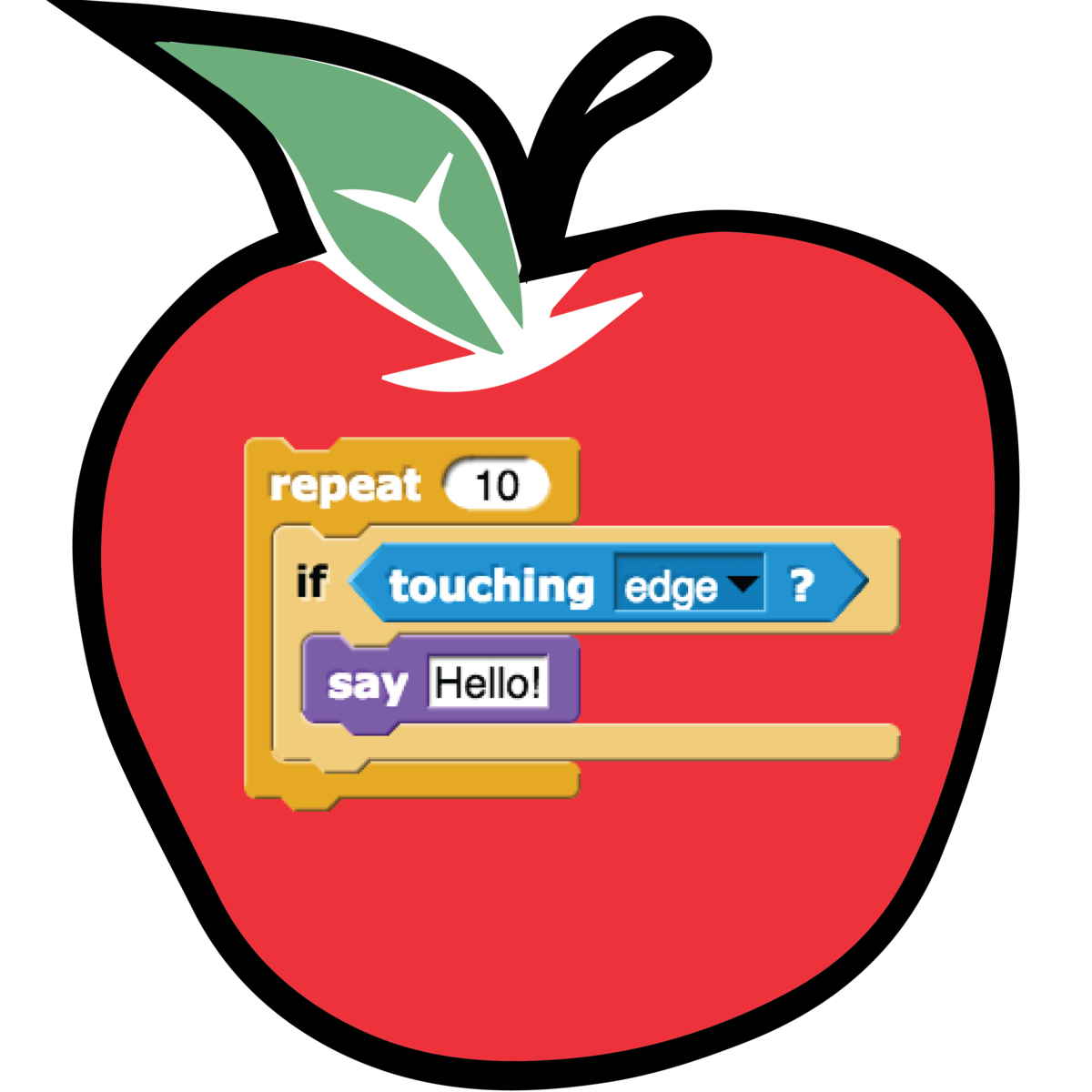
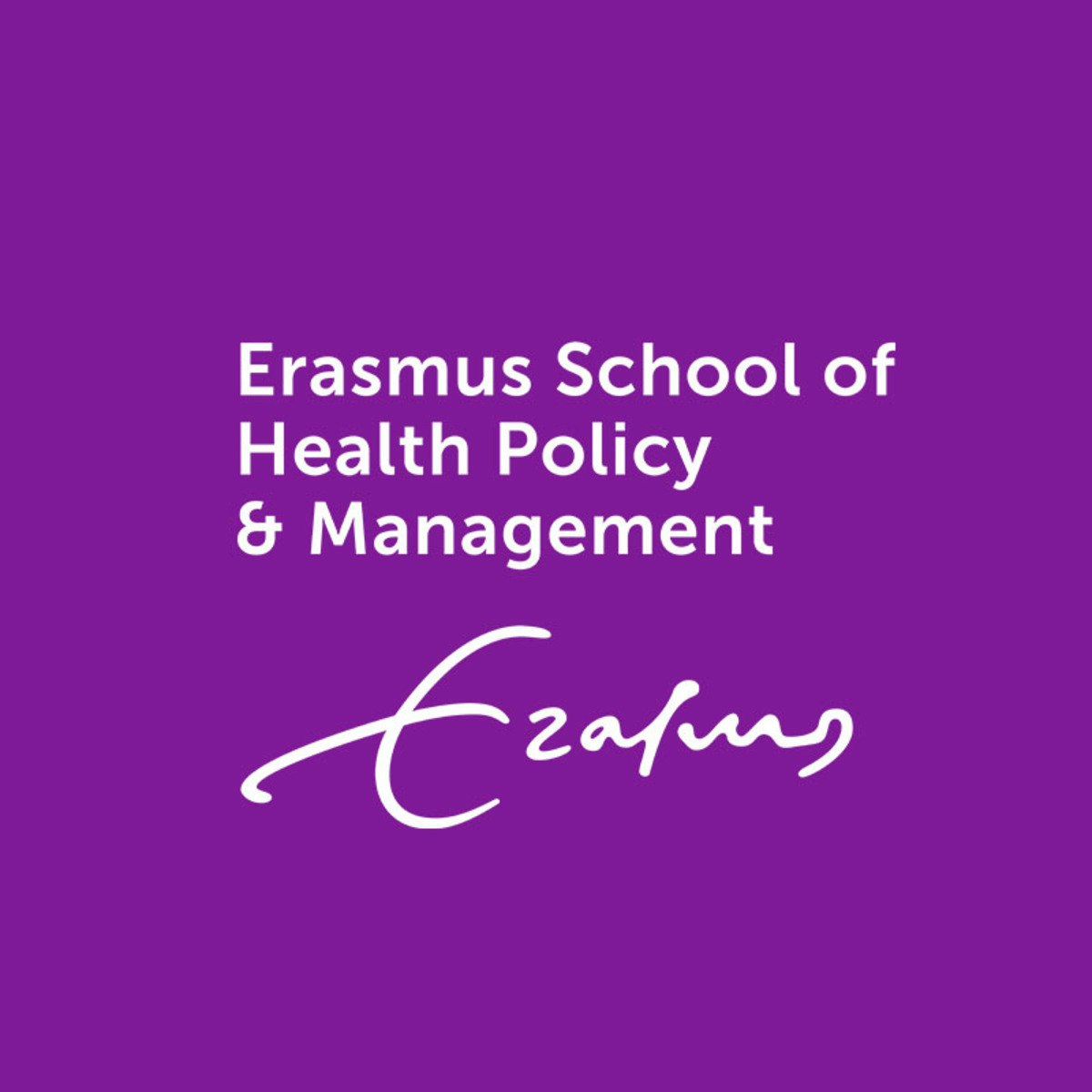
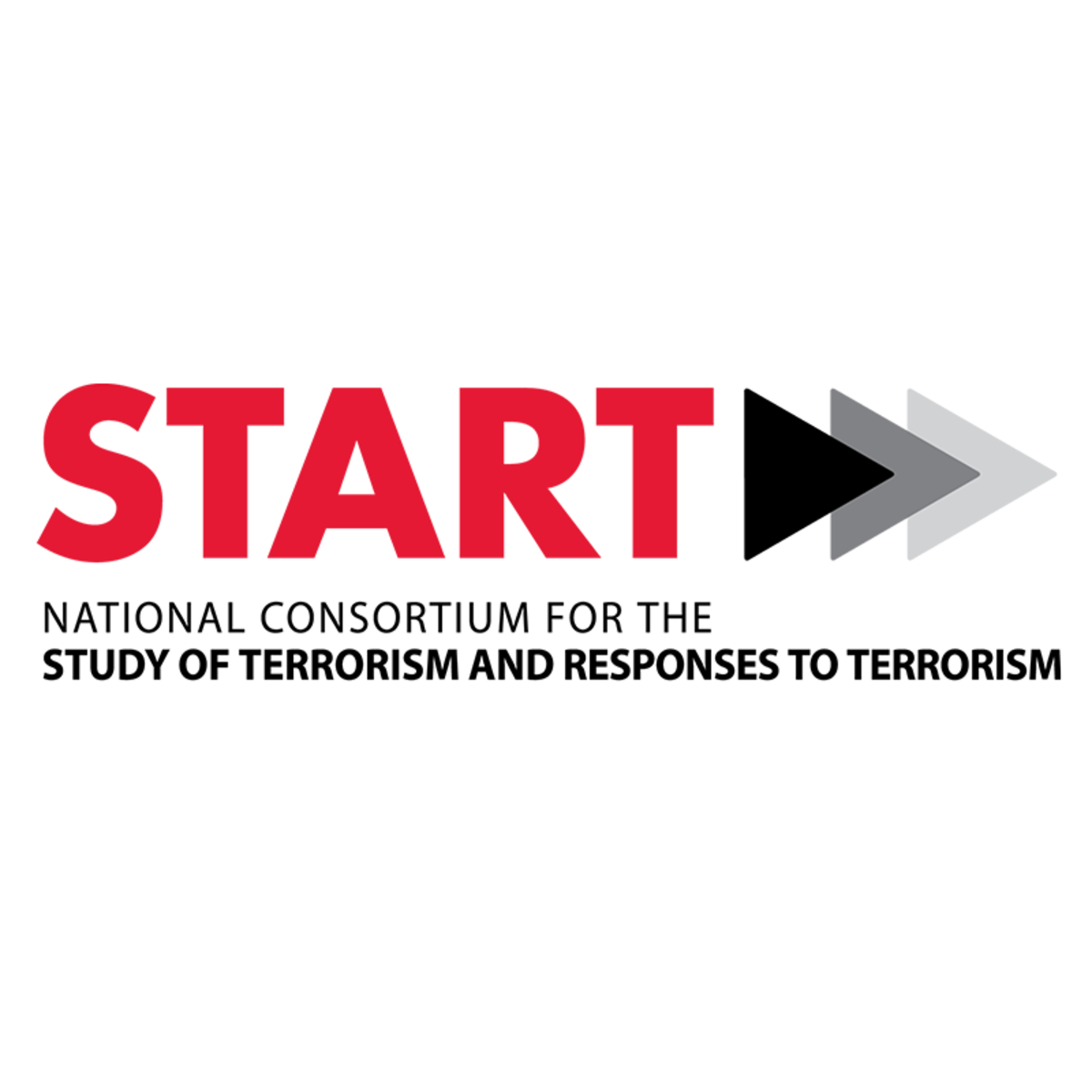

Social Sciences Courses - Page 58
Showing results 571-580 of 672

The Teacher's Social and Emotional Learning
Social and emotional learning, or SEL, programs have flourished in schools during the last decade. While this growth has been impressive, inadequate attention has been paid to teachers’ social and emotional learning. In this course Dan Liston and Randy Testa introduce you to various rationales for why teacher SEL is needed as well as examine and reflect on various emotions in teaching and learning.
This course is a part of the 5-course Specialization “The Teacher and Social Emotional Learning (SEL)”. Interested in earning 3 university credits from the University of Colorado-Boulder for this specialization?? If so check out "How you can earn 3 university credits from the University of Colorado-Boulder for this specialization" reading in the first module of this course for additional information.
We want to note that the courses in this Specialization were designed with a three-credit university course load in mind. As a participant you may notice a bit more reading content and a little less video/lecture content. Completing and passing the SEL Specialization allows the participant to apply for 3 graduate credits toward teacher re-certification and professional enhancement. We want to ensure the quality and high standards of a University of Colorado learning experience.
Interested in earning 3 graduate credits from the University of Colorado-Boulder for The Teacher and Social Emotional Learning (SEL) Specialization? Check out "How you can earn 3 university credits from the University of Colorado-Boulder for this specialization" reading in the first week of this course for more information.

Understanding Diversity and Inclusion
This course will serve as a "deep dive" into the concepts and trends related to diversity and inclusion.
One of the barriers to sustained organizational effectiveness in this area has been identified as a superficial understanding of diversity and inclusion. Therefore, this course will provide you with the foundational knowledge that will assist you in developing a successful diversity and inclusion recruitment strategy. The course will explore diversity from three perspectives: Global, individual, and organizational.
This course is one of four that comprise the Recruiting for Diversity and Inclusion Specialization, offered by the University of Western Australia.
Complete them all to gain an in-depth understanding of this fascinating and important topic.

Uncommon Sense Teaching
Do your students spend too much (or too little) time learning, with disappointing results? Do they procrastinate in their study because it’s boring and they’re easily distracted? Are you working to make your teaching even more inclusive? Uncommon Sense Teaching will give you practical new insights that will help you solve these goals and challenges, and many more.
This is like no other course on teaching—it weaves late-breaking insights from neuroscience with personal insights from the classroom to provide unexpected, yet practical, new approaches. You’ll discover how to bring out the best from all your students in today’s diverse teaching environment, where students often have a wide range of abilities.
Uncommon Sense Teaching will take your teaching to a higher level for whatever subjects you teach, whether math, physics, literature, dance, art, or anything else; and whether you are teaching K-12, university, business, vocational, or at home.
Join us today to move into the new era of education!

What is news?
This course will guide you through the basic elements of professional journalism and the news values and ethics of covering real-world issues and events. The overview and examples of the types of news coverage helps introduce the different types of journalism, such as social media, multimedia, print, visual and broadcast, and how professional journalists effectively use each format.

America's Written Constitution
An introduction to the main themes of the American Constitution—popular sovereignty, separation of powers, federalism, and rights.
Reputation Crisis? Facebook meets Cambridge Analytica
Do you remember when you first created your Facebook account? Do you know what happens to the data and stories you share on Facebook? Are you aware of the Facebook – Cambridge Analytica crisis and its ramifications?
In this course, you will take a deep dive into reputation management by tackling a case study on the crisis, the effects of which are still unravelling for Facebook, the tech industry, and society at large. You will explore the concept of corporate reputation, and touch upon topics such as data privacy implications for the big tech or the importance of leadership and culture, and how Mark Zuckerberg’s leadership might have affected Facebook in particular. In the final project, you will be asked to link theory and practice to provide an analysis of events and make recommendations for Facebook, going forward.
This 6-module course has a study time of about 20 hours. It is recommended for anyone studying communication or management, practitioners interested in crisis and reputation management, or anyone with an interest in case learning that explores real-life business challenges. Each week, you will be introduced to engaging content, such as videos, quizzes, discussion forum, and academic readings, and be encouraged to apply learned knowledge to the case. The final module – the capstone project – is assessed by peer review.
Broaden your knowledge of reputation and crisis management, and hone your critical decision-making skills. Are you ready to look beyond Facebook, and draw lessons from it that can be applied in many other situations? Register now!
WHAT YOU WILL LEARN
• Analyse the challenges of reputation management in the digital age
• Examine the role of leadership and corporate culture in reputation management
• Understand the role and relevance of counter-institutional mechanisms, such as whistleblowing, to check corporate power and influence
• Examine the interaction and nexus of politics and business and their ethical and societal consequences
• Understand the wider scope of corporate responsibilities in business organisations
• Analyse how large tech companies manage or reconcile the paradox between commercial and societal interests

Computational Thinking for K-12 Educators: Sequences and Loops
How do we give instructions to a computer? Isn't programming hard? Not really! Whether it's giving someone directions to a nearby store or writing out some dance moves we frequently exhibit aspects of computational thinking in our everyday lives!
This class teaches the first key concepts of programming -- sequences of instructions and basic counted repetition of instructions. For each concept, we'll start by helping you connect real-world experiences you are already familiar with to the programming concept you are about to learn. Next, through a cognitively scaffolded process we'll engage you in developing your fluency with problem solving with sequences and repeated instructions in a way that keeps frustration at a minimum.
Along the way you will learn about the common challenges or "bugs" students have with these concepts as well as ways to help them find and fix those concepts. You'll also be guided in running classroom discussions to help students develop deeper understanding of these concepts.
Finally, you'll learn about a recommended pedagogical practice, Pair Programming, and find out why research recommends teaching block-based programming first.

Regulated Competition in Healthcare Systems: Theory & Practice
In this MOOC you will learn about the theory and practice of 'regulated competition' (also known as 'managed competition') in healthcare systems. Many countries have implemented or consider implementation of regulated competition in healthcare. Examples include Australia, Belgium, Chile, Colombia, Germany, Ireland, Israel, The Netherlands, Switzerland and the United States. After completing this MOOC, you will be able to explain how regulated competition (in theory) promotes affordability, accessibility and efficiency of healthcare. Moreover, you will be able to explain why (in practice) successful implementation of regulated competition is very complex and often requires difficult trade-offs between policy objectives. We think this MOOC is highly valuable to any student, researcher or professional interested in healthcare system reform and design. Specific topics in this MOOC include a typology of healthcare systems, the economics of healthcare markets, theory and preconditions of regulated competition, risk adjustment and risk selection in health insurance, competition policy and provider payment.

New Approaches to Countering Terror: Countering Violent Extremism
The “New Approaches to Countering Terror: Countering Violent Extremism” course offered by the National Consortium for the Study of Terrorism and Responses to Terrorism (START), is a multi-week interactive course designed to help students explore both pragmatic and philosophical challenges that continue to shape the evolution of Countering Violent Extremism (CVE), a global security paradigm. START, a Department of Homeland Security Emeritus Center of Excellence and research, training, and education center housed at the University of Maryland within the College of Behavioral and Social Sciences (BSOS), serves as a leading voice in the national and international dialogue regarding CVE. START’s Director and the course instructor, Bill Braniff, will introduce the concept of CVE and explore the promise of CVE as a more comprehensive and proactive approach to the complex phenomenon of violent extremism.
This 3.5 hour course will take an in-depth look at CVE as a relatively new area of policy and practice. As such, this MOOC can serve as an awareness-raising course, targeting anyone interested in terrorism, community resilience, security, policy and/or civil rights issues. The course is broadly interdisciplinary and has no prerequisites. Upon completion of this course, students will be able to:
1. Differentiate between two ways of addressing violent extremism: counterterrorism (CT) and Countering Violent Extremism (CVE);
2. Explain the CVE spectrum of non-violent approaches to countering terror, including prevention, intervention, and rehabilitation/reintegration programs;
3. Make sound analytical judgments about CVE programs and their potential.
START also offers a range of other online educational programs, including:
1. Summer/Winter Courses: https://www.start.umd.edu/education/summerwinter-courses
2. Master of Professional Studies (MPS) degree in Security and Terrorism Studies: https://www.start.umd.edu/education/master-professional-studies-online
3. Graduate Certificate in Terrorism Analysis: https://www.start.umd.edu/education/graduate-certificate-online

Artificial Intelligence: Ethics & Societal Challenges
Artificial Intelligence: Ethics & Societal Challenges is a four-week course that explores ethical and societal aspects of the increasing use of artificial intelligent technologies (AI). The aim of the course is to raise awareness of ethical and societal aspects of AI and to stimulate reflection and discussion upon implications of the use of AI in society.
The course consists of four modules where each module represents about one week of part-time studies. A module includes a number of lectures and readings. Each lesson finishes with a mandatory assignment in which you write a short sum-up of the most important new knowledge/insight you gained from this lesson, and review a lesson sum-up written by another student/participant. The assessments are intended to encourage learning and to stimulate reflection on ethical and societal issues of the use of AI in society. Participating in forum discussions is voluntary but strongly encouraged.
In the first module, we will discuss algorithmic bias and surveillance. Is it really true that algorithms are purely logical and free from human biases or are they maybe just as biased as we are, and if they are, why is that and what can we do about it? AI in many ways makes surveillance more effective, but what does it mean to us if we are increasingly being watched in more and more sophisticated ways?
Next, we will talk about the impact of AI on democracy. We discuss why democracy is important, and how AI could hamper public democratic discussion, but also how it can help improve democracy. We will for instance talk about how social media could play in the hands of authoritarian regimes and present some ideas on how to make use of AI tools to develop the functioning of democracy.
A further ethical question concerns whether our treatment of AI could matter for the AIs themselves. Can artefacts be conscious? What do we even mean by “conscious”? What is the relationship between consciousness and intelligence? This is the topic of the third week of the course.
In the last module we will talk about responsibility and control. If an autonomous car hits an autonomous robot, who is responsible? And who is responsible to make sure AI is developed in a safe and democratic way?
The last question of the course, and maybe also the ultimate question for our species, is how to control machines that are more intelligent than we are. Our intelligence has given us a lot of power over the world we live in. Shall we really give that power away to machines and if we do, how do we stay in charge?
At the end of the course, you will have
· a basic understanding of the AI bias phenomenon and the role of AI in surveillance,
· a basic understanding of the importance of democracy in relation to AI and acquaintance with common issues with democracy in relation to AI,
· an understanding of the complexity of the concepts ‘intelligence’ and ‘consciousness’ and acquaintance with common approaches to creating artificial consciousness,
· a basic understanding of the concepts of ‘forward-looking’ and ‘backward-looking responsibility’ and an acquaintance with problems connected to applying these concepts on AI,
· a basic understanding of the control problem in AI and acquaintance with commonly discussed solutions to this problem,
· and an ability to discuss and reflect upon the ethical and societal aspects of these issues.
Popular Internships and Jobs by Categories
Find Jobs & Internships
Browse
© 2024 BoostGrad | All rights reserved